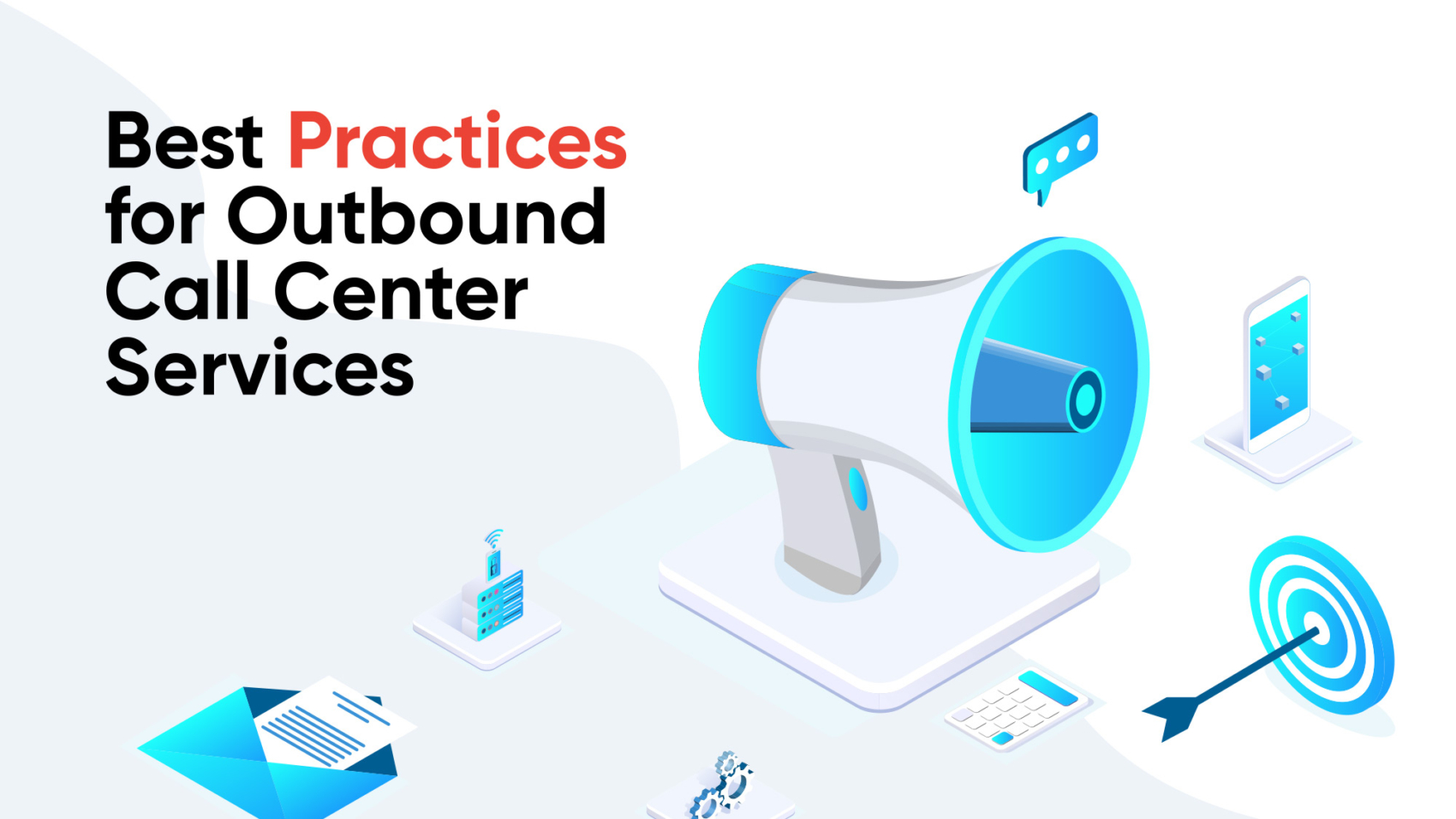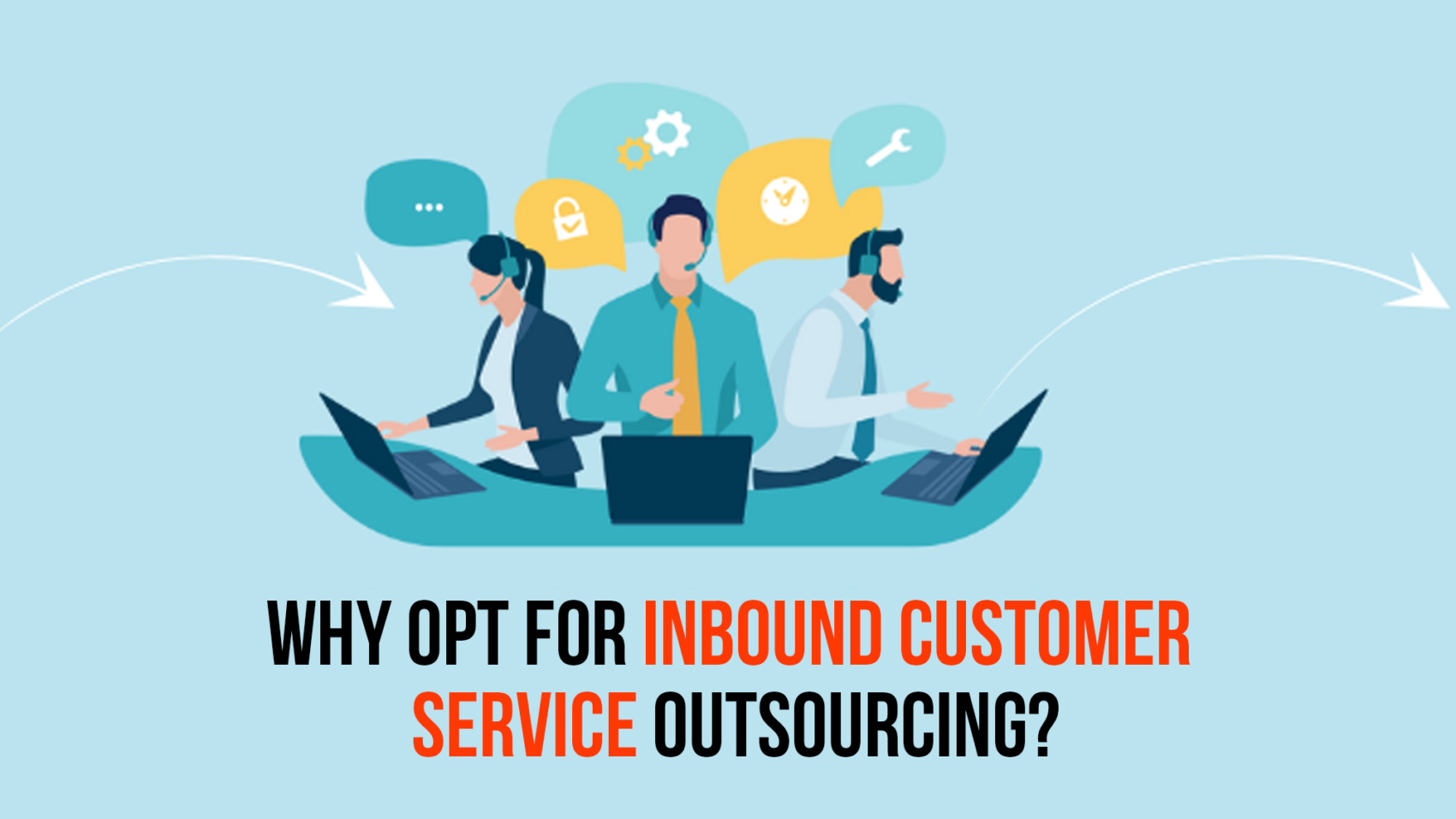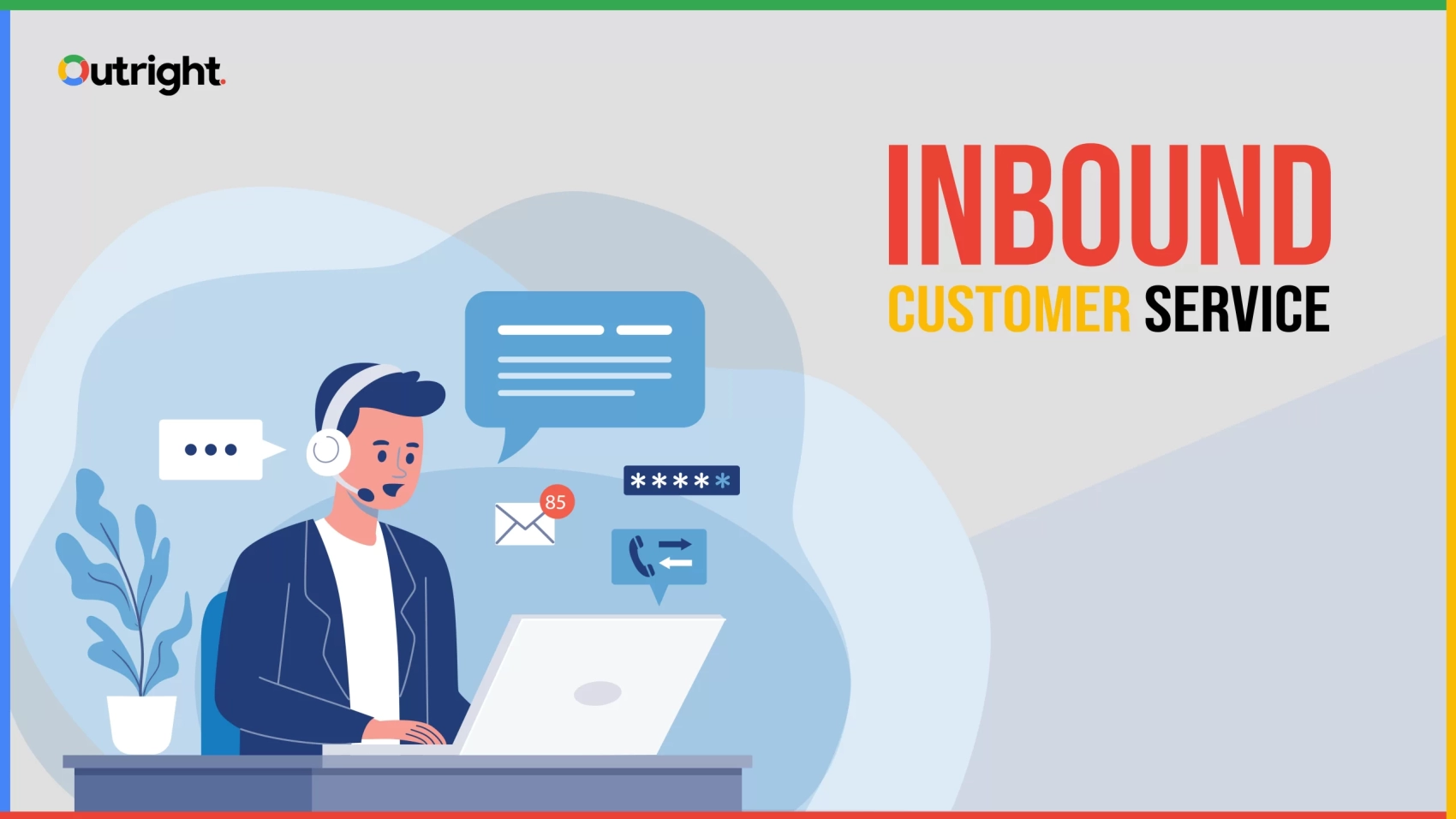Outsourcing outbound call center services is a viable option for companies looking to improve their efficiency while increasing sales. Outbound call centers initiate outgoing calls, including cold-calling, customer support, and telemarketing. To measure performance, companies monitor key performance indicators (KPIs) such as sales growth, number of qualified leads, and customer satisfaction rates. Training and coaching are essential practices that outbound call center companies should prioritize.
Companies should have a prospect list ready to categorize potential buyers and consider purchasing leads from third parties. Outsourcing outbound call centers is beneficial as it accommodates provides emergency support, high-volume customer inquiries, improve service quality, and offers companies access to the people with right attributes. Reputable outsourcing partners like Outright can help companies gain a competitive edge in the market.
How does an outbound call center work?
An outbound call center is responsible for making outgoing calls where the representatives initiate contact with existing and potential new customers. The sales team is responsible for cold-calling potential customers and pitching products and services. Additionally, customer support agents and sales representatives are employed by outbound call centers to make outgoing calls to customers, prospects, and other businesses. Many companies opt to outsource their outbound call center needs in order to find the right employees. By outsourcing, companies can efficiently reach more buyers, improve customer satisfaction, and increase their sales. This positively impacts retention rates and reputation as well.
Best practices for outbound call center
Outbound calls can be made by companies for various purposes, including telemarketing, customer service, marketing, fundraising, updating contact lists, conducting surveys, outreach, and post-sale follow-ups, depending on the nature of their business. Here are some examples of best practices employed by outbound call centers to provide insight into their operations.
Focus on Metrics
To evaluate your team’s performance, Key Performance Indicators (KPIs) can be used. These KPIs might include metrics such as weekly or monthly sales growth, the quantity of qualified leads, outbound call quotas, and customer satisfaction rate. By tracking these KPIs, you can maintain your team’s productivity levels by using objective evidence of progress towards desired results. This data can be analyzed to make better decisions and to measure all aspects of your workflow.
Conduct Training and Coaching
It is important for outbound call center companies to provide training to new hires, where they learn about the company’s background and practice making calls with their managers. However, training is not a one-time event, and it is beneficial to include regular coaching sessions in your operations to help underperforming agents. Team members can also learn from the best practices of your top-performing agents during the appropriate phase. By outsourcing, you can eliminate concerns about the hiring and training process for your support team. Your third-party provider will have experts to conduct training and coaching sessions for your team.
Put Together a Prospect List ahead of Time
Your prospect list should comprise individuals who fit within your target demographics. These quality leads typically express a genuine interest in your business and services because they align with their needs or desires. An organized prospect list can make you appear reliable and position you as a consultant ready to offer solutions to your clients’ problems. Additionally, it will be simpler for you to contact people if you have a monitoring list that categorizes active and inactive potential buyers.
Try Purchasing Lads from Third Parties
Lead generation can be a challenging and time-consuming task for your team, consuming valuable time that could be used for sales conversations and pitching. In such a scenario, it may be worthwhile to contact your third-party provider to acquire more leads without spending excessive amounts of time on prospecting. Various companies collect, verify, and sell prospect information to assist sales teams in creating pipelines for their outbound marketing campaigns. While this won’t replace your company’s internal research efforts, it can significantly reduce the amount of time spent on lead generation.









